How you can take action against coronavirus with acts of kindness
During these unprecedented times, supporting each other with acts of kindness will help keep us sane
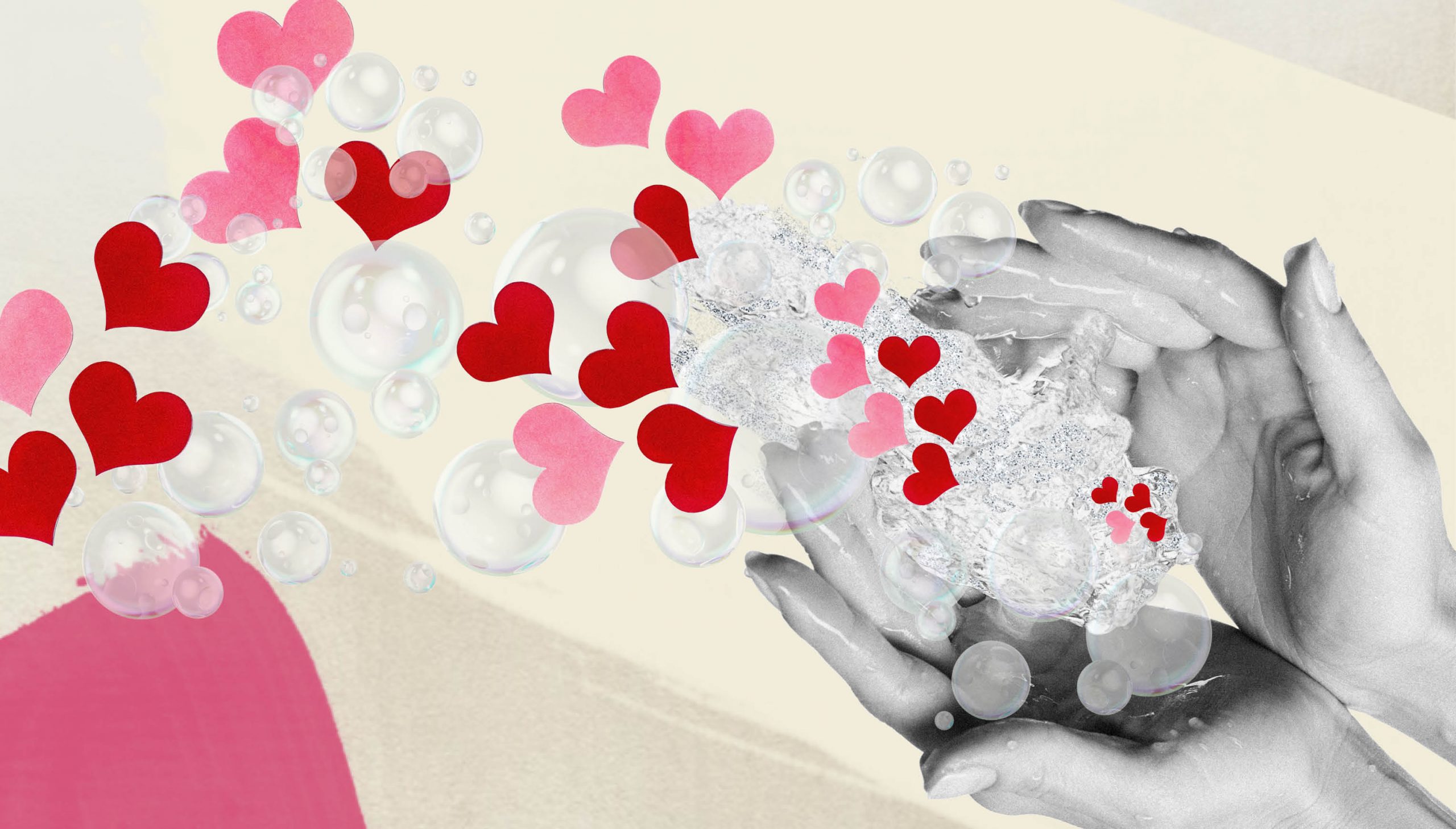
During these unprecedented times, supporting each other with acts of kindness will help keep us sane
From social distancing to constant hand-washing and working from home, life as we know it has undeniably changed. And while the uncertainty of the immediate future is concerning, it is possible the virus will bring important positives to our lives, as being forced to slow down the pace of life could enhance our ability to become self-sufficient and more mindful.
Lidewij Edelkoort, one of the world’s most influential trend forecasters, supports this notion, telling architectural and design magazine Dezeen, ‘It seems we are massively entering a quarantine of consumption where we will learn how to be happy just with a simple dress, reading a forgotten book and cooking up a storm to make life beautiful.’
She noted that for several years humans have understood that in order to survive as a species and to keep the planet going we need to make draconian changes to the way we live, travel, consume and entertain. As we have not made these changes, she says, ‘the virus takes decision-making out of our hands.’
This certainly rings true, as without air travel and factory production, a better environment will be visible on a large scale. And looking ahead, Li believes Covid-19 will allow humanity to reset its values. She expanded, ‘I am hopeful for another and better system, to be put in place with more respect for human labour and conditions. In the end, we will be forced to do what we should have done already in the first place.’
With human respect in mind, Marie Claire is launching an appeal for our readers to commit to a corona act of kindness, using the hashtag #InThisTogether. Whether terror or tragedy, acts of nature or man, disasters have proven to bring out the best in us. Even in the worst of times, that support and kindness helps keep us sane.
Here's how you can make a positive difference to your community - and remember, no act is too big or too small to share.
Marie Claire Newsletter
Celebrity news, beauty, fashion advice, and fascinating features, delivered straight to your inbox!
Be a neighbourly neighbour
Pop a postcard through neighbours’ letter boxes to ask if they need help with shopping, running errands, or just want a chat on the phone. The template was created by Becky Wass, a copywriter from Cornwall, and has since been shared by thousands of people on Twitter under the hashtag #viralkindness.
There is also a WhatsApp movement that is seeing social media users encouraging each other to share their phone numbers with neighbours in order to start a neighbourhood WhatsApp group, in case someone nearby is self-isolating and needs help. So start your own street WhatsApp group today.
Give back by giving blood
With people staying inside their homes far more than usual, blood donations are expected to fall - but donors are still very much needed. There are currently no confirmed cases of any form of coronavirus being passed on through the donation of substances of human origin such as blood, organs, tissues and stem cells, and the NHS says you can keep donating as normal, unless you have travelled to a coronavirus risk area, been in contact with or been infected by the virus.
A spokesperson for the Red Cross said Hundreds of blood drives have already been cancelled. “Every two seconds, someone needs a blood transfusion — that someone may be a cancer patient, a car accident victim or a mother who has given birth," Jodi Sheedy, senior director of biomedical services communications for the American Red Cross, told The Hill.
Don't stay silent over domestic violence
As we learn to practice self-isolation, staying at home can present serious challenges for people living with abusive partners, family members or others. This pandemic could means a rise in intimate partner violence or domestic abuse — whether it means verbal, emotional abuse, or physical violence, as people are forced to spend longer periods of time with each other indoors.
If you are experiencing domestic violence, or are concerned about someone in your community who might be, you can contact the Freephone 24-hour National Domestic Violence Helpline on 0808 2000 247 or visit womensaid.org.uk
Fuel your local food bank
As the virus spreads, food banks face additional pressures, as there are fewer donations and they are unable to get some staples due to people stockpiling.
Check with your local foodbank (by giving them a call or searching online as many are posting on social media) about what they need. The Trussell Trust is collecting food donations for those unable to get supplies because of panic buying.
You could also consider donations from your wallet, as donating money not only gives food banks flexibility over which supplies — including fresh foods and paper products — to offer but also lets them decide when to refresh their stocks.
Support shops online
Lots of small businesses are struggling as people are staying home, and while now is not the time to be meeting in restauants and bars, try to buy some things online. Also, consider buying gift vouchers to use in the future.
Get a group together (not literally)
There are more than 300 dedicated community groups co-ordinating relief efforts on Facebook. Facebook groups have been set up across the UK for volunteers to offer help and for those in need to ask for it. Try searching for Covid-19 mutual aid to find a group in your area. If there isn’t one, you can always take inspiration and set one up.
Donate beauty buys
Beauty Banks is a charity that supports people living in hygiene poverty in the UK, and provides essential toiletries to people in poverty. On Sunday it launched an emergency virus-related appeal asking people to donate online to support people in the UK who can't afford basic hygiene essentials like hand wash, soap and hand sanitiser that will help protect them from infection.
Alert the vulnerable to supermarket shopping
Supermarkets up and down the country, from Sainsbury’s to Waitrose, have created a dedicated time slot for the elderly and vulnerable to shop. This is to create a less scary shopping experience and to ensure that everyone has the same access to the products on the shelves. We can get involved by making sure that any elderly or vulnerable people around you are aware of this notion.
If you have committed an act of kindness for a friend, family member or for your community - or someone has helped you during this uncertain time - we'd love to hear from you. DM us on Instagram @marieclaireuk and share your story #InThisTogether
Olivia – who rebranded as Liv a few years ago – is a freelance digital writer at Marie Claire UK. She recently swapped guaranteed sunshine and a tax-free salary in Dubai for London’s constant cloud and overpriced public transport. During her time in the Middle East, Olivia worked for international titles including Cosmopolitan, HELLO! and Grazia. She transitioned from celebrity weekly magazine new! in London, where she worked as the publication’s Fitness & Food editor. Unsurprisingly, she likes fitness and food, and also enjoys hoarding beauty products and recycling.
-
 Jonathan Anderson is going to Dior Men
Jonathan Anderson is going to Dior MenHis debut collection will be this June
By Mischa Anouk Smith
-
 I'm a 2025 bride and these are the best affordable wedding dresses I've found
I'm a 2025 bride and these are the best affordable wedding dresses I've foundLess than £1,000 but still the height of chic
By Sofia Piza
-
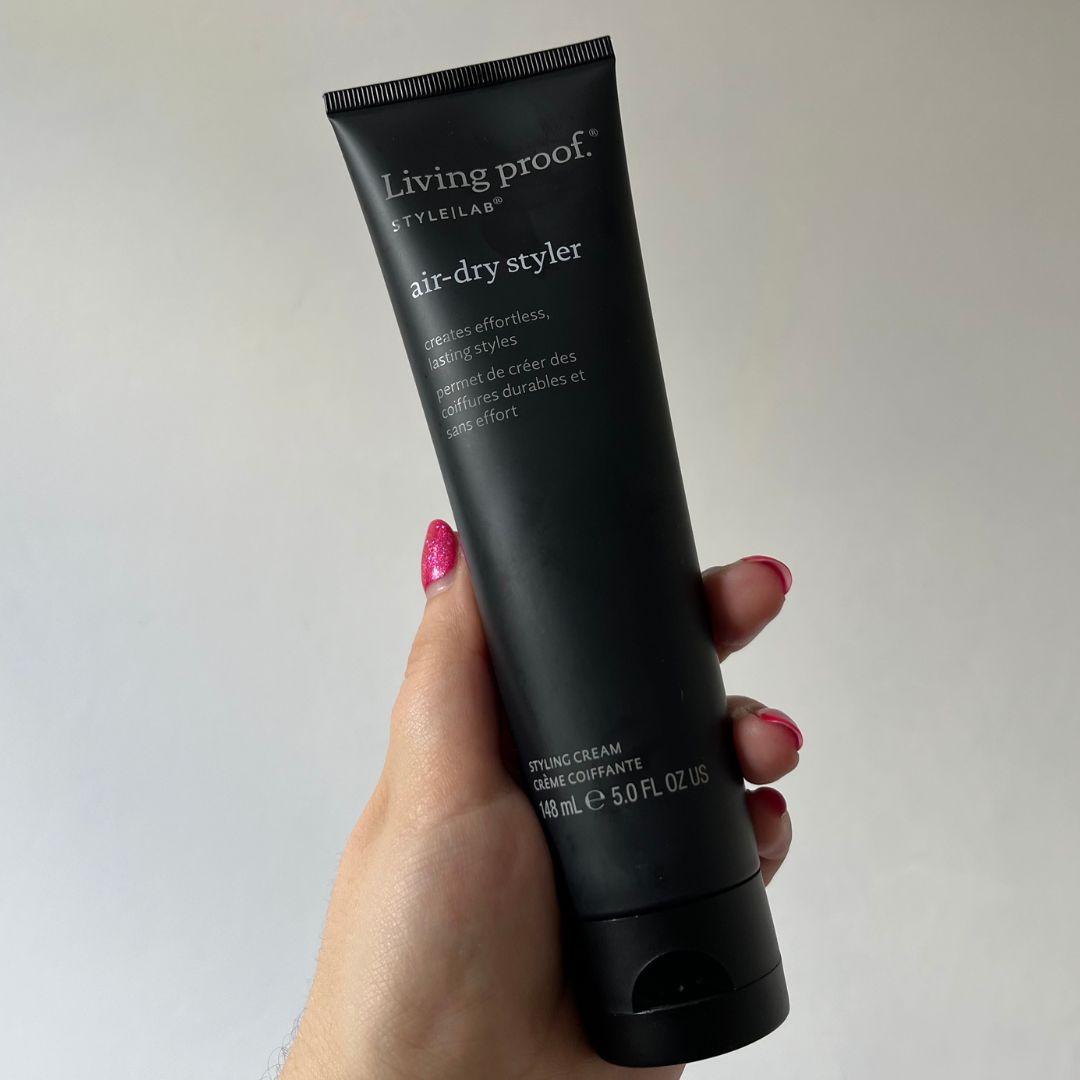 I haven't worn my hair completely natural for years, but this air-dry styling cream has made me love my waves again
I haven't worn my hair completely natural for years, but this air-dry styling cream has made me love my waves againI will never be without this
By Amelia Yeomans
-
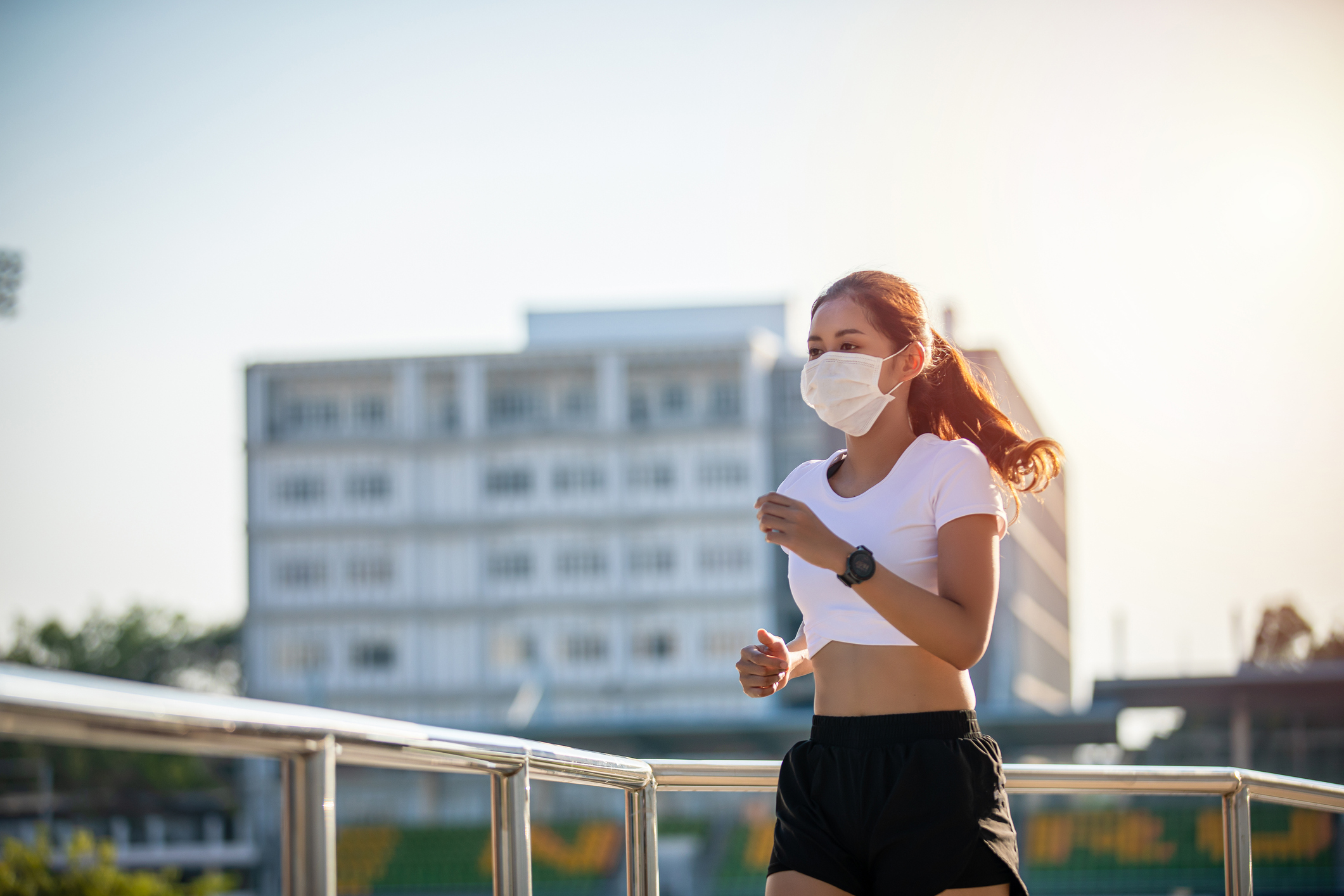 Why haven't I had Covid yet? 6 reasons, according to a doctor
Why haven't I had Covid yet? 6 reasons, according to a doctorAs new vaccine SpikeVax is given the green light in the UK.
By Ally Head
-
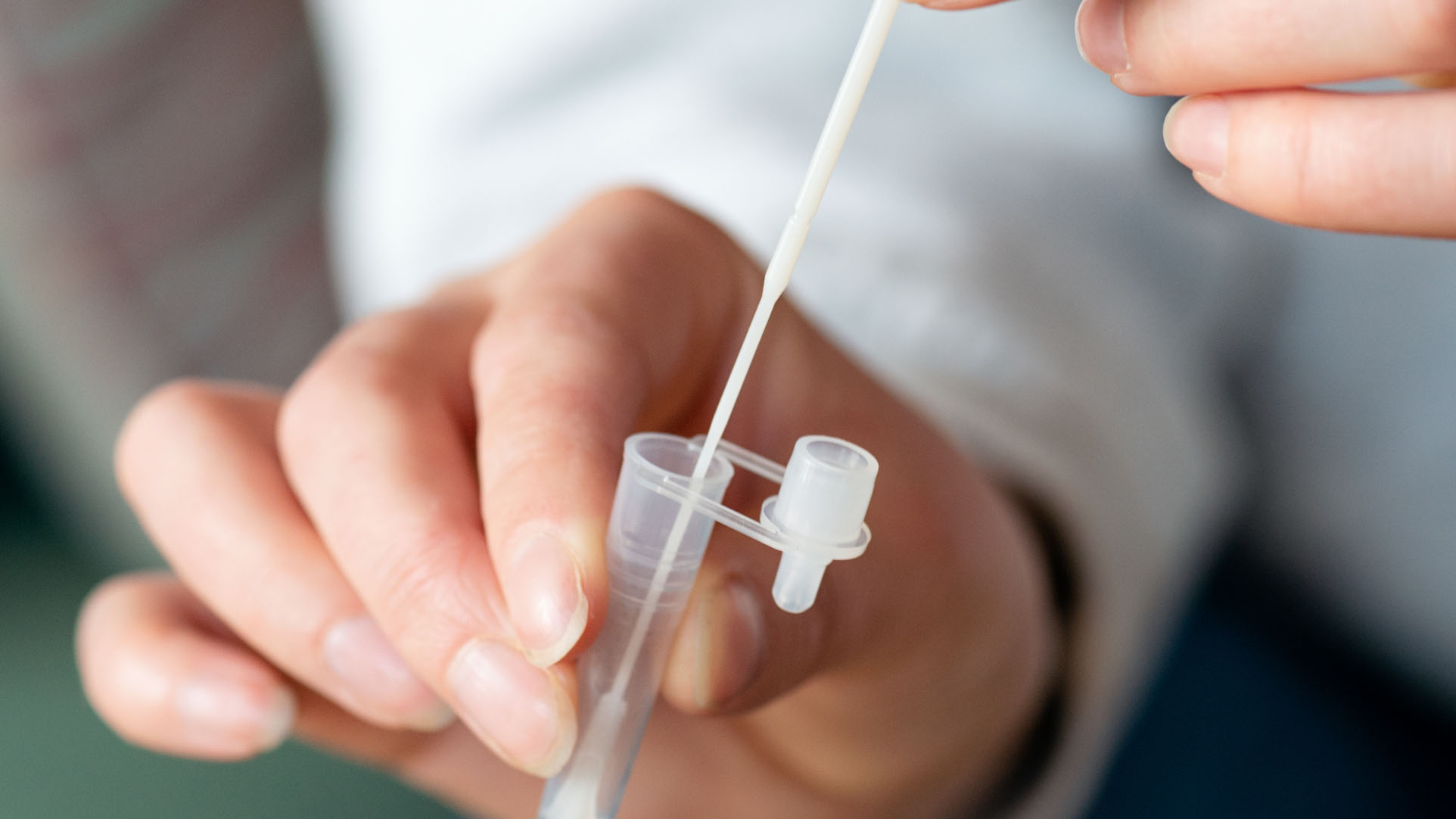 Here's how much lateral flow tests will cost, now that free testing is over
Here's how much lateral flow tests will cost, now that free testing is overIt's thought lateral flows will be more expensive in the UK than in most other parts of the world.
By Ally Head
-
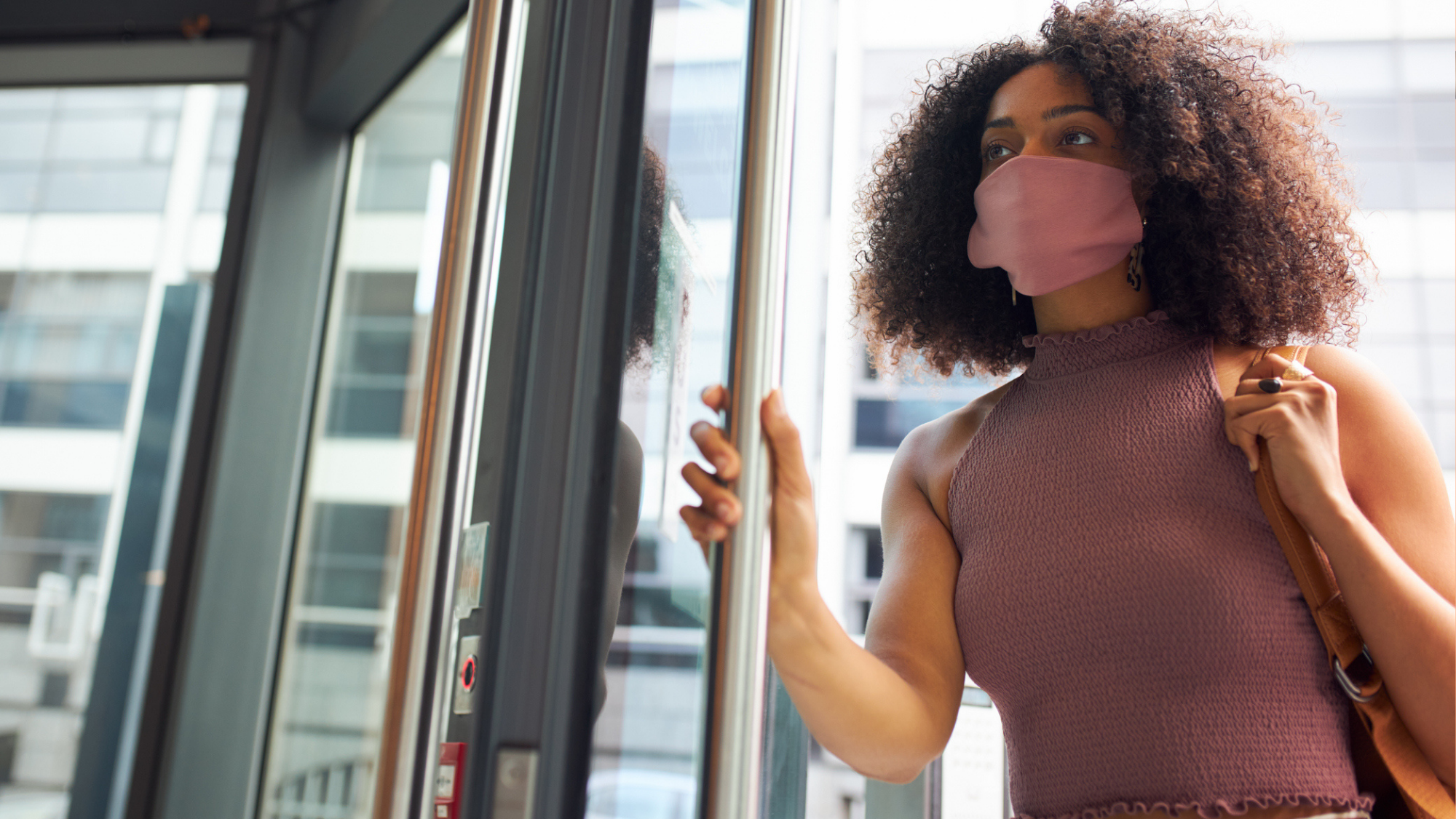 So, does Omicron cause stomach pain? Plus 7 other flags you may have the virus
So, does Omicron cause stomach pain? Plus 7 other flags you may have the virusThe Office For National Statistics reported last week that around one in 16 people currently has Covid in the UK.
By Ally Head
-
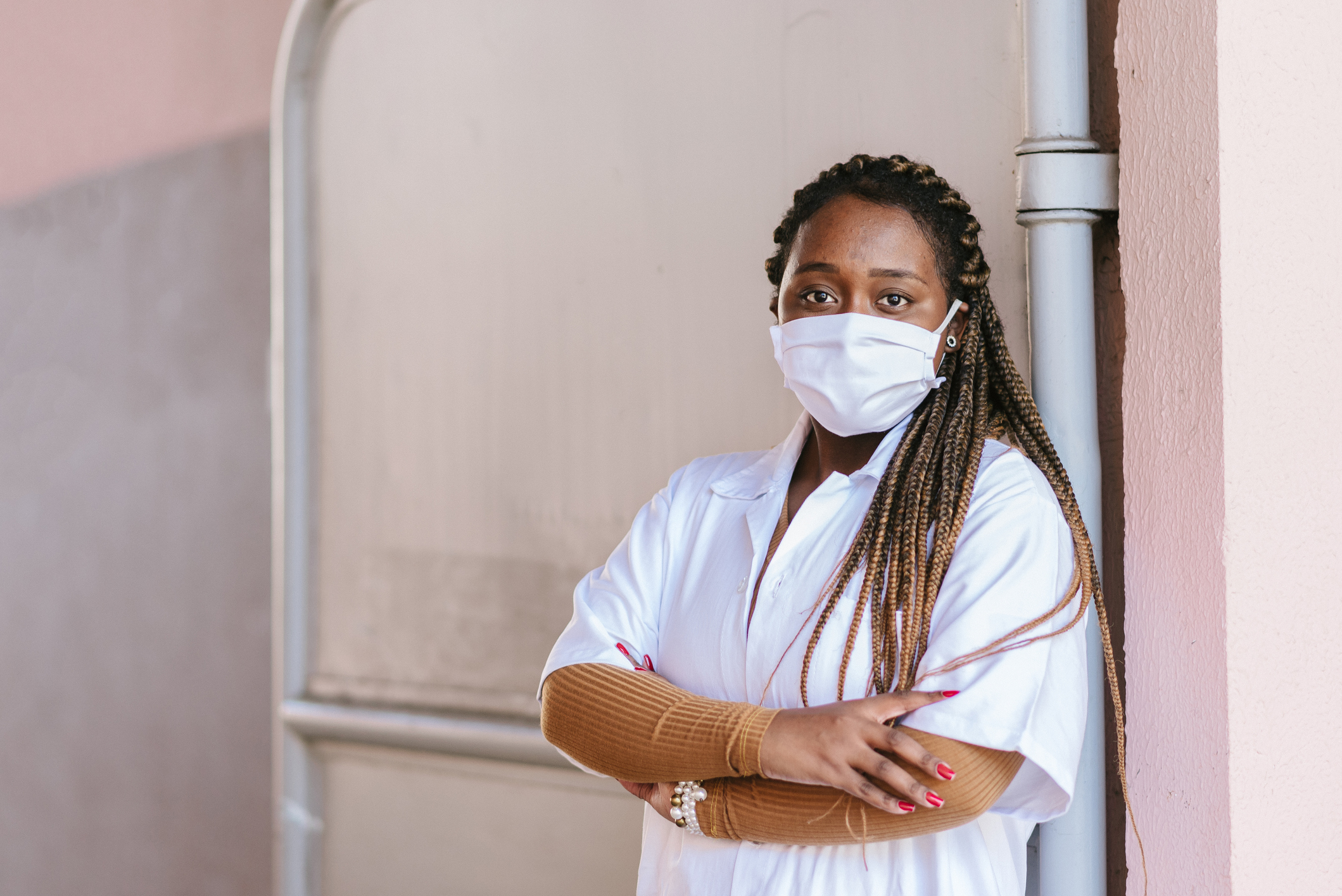 Your need-to-knows about the two new Covid variants, plus whether you need to be worried
Your need-to-knows about the two new Covid variants, plus whether you need to be worriedThey're being called "Deltacron" and "Stealth Omicron".
By Ally Head
-
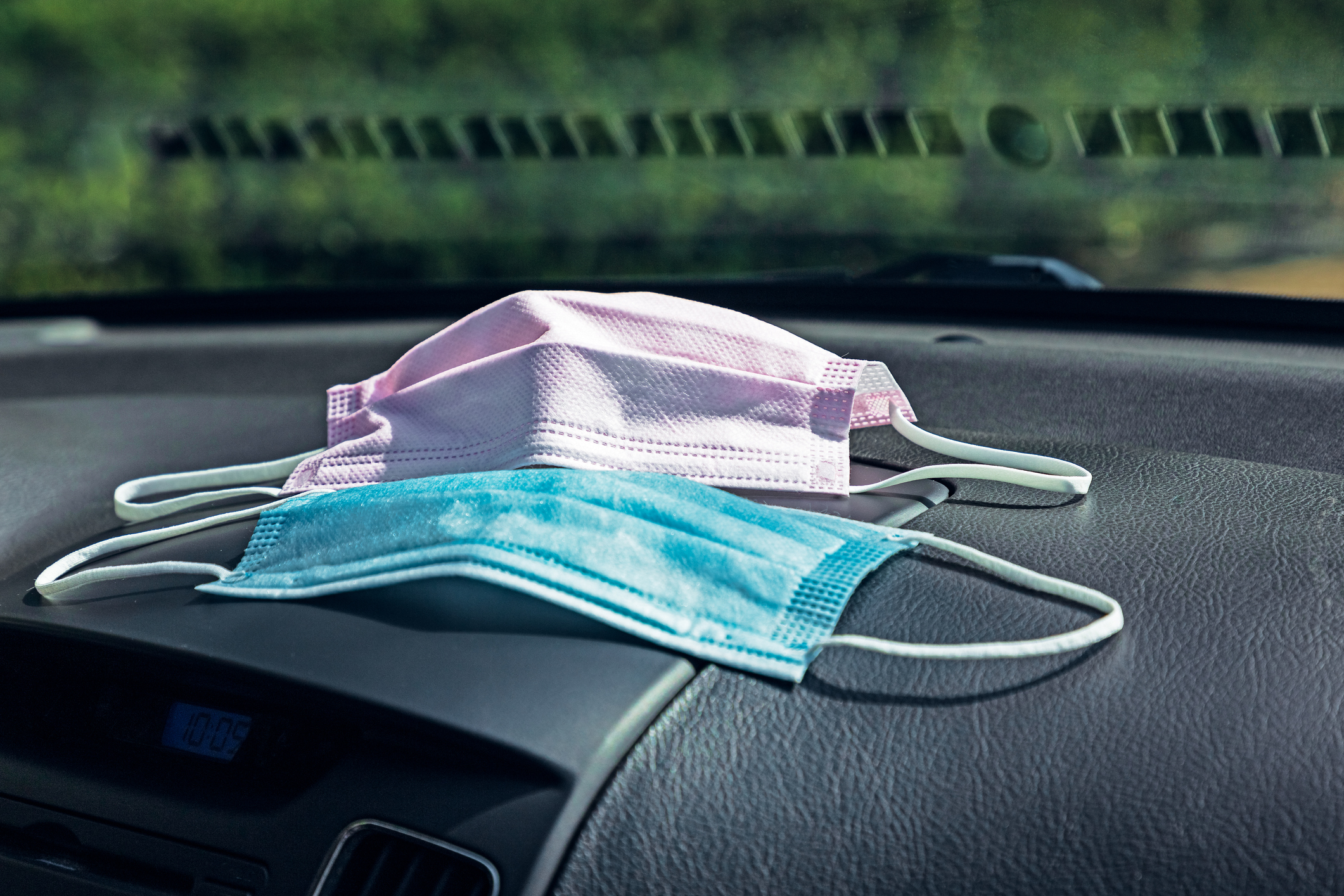 Those in contact with Covid-19 to test daily, plus all adults offered booster jabs to halt Omicron "tidal wave"
Those in contact with Covid-19 to test daily, plus all adults offered booster jabs to halt Omicron "tidal wave"Daily testing will be implemented from tomorrow, according to the latest announcement.
By Ally Head
-
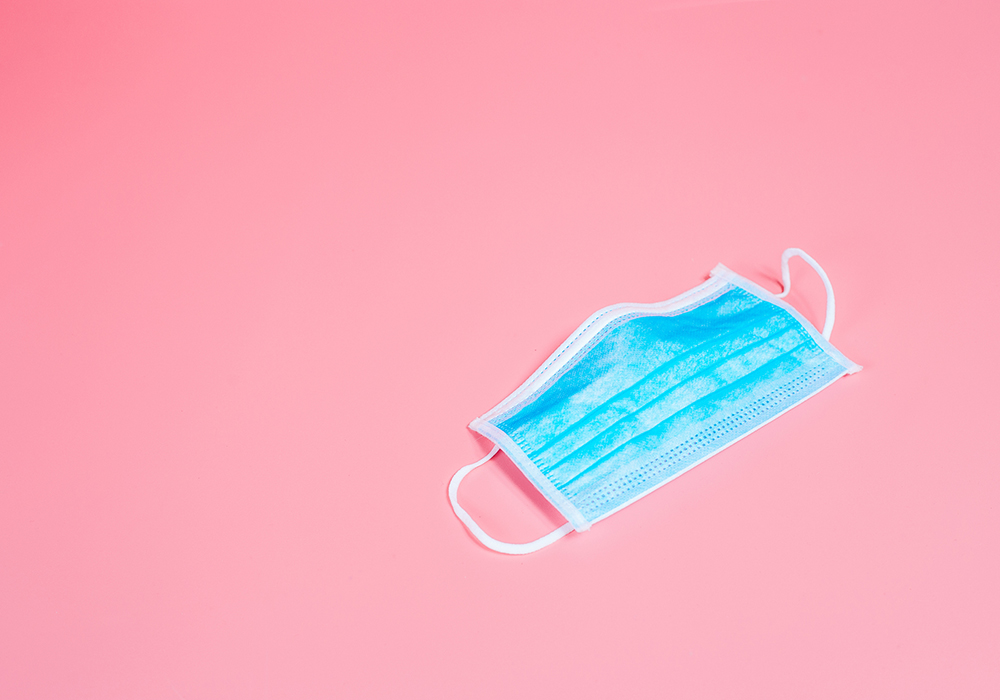 Omicron may have slightly different symptoms, says doctor who first discovered the variant
Omicron may have slightly different symptoms, says doctor who first discovered the variantThe new COVID-19 variant was first reported in South Africa last week.
By Catriona Harvey-Jenner
-
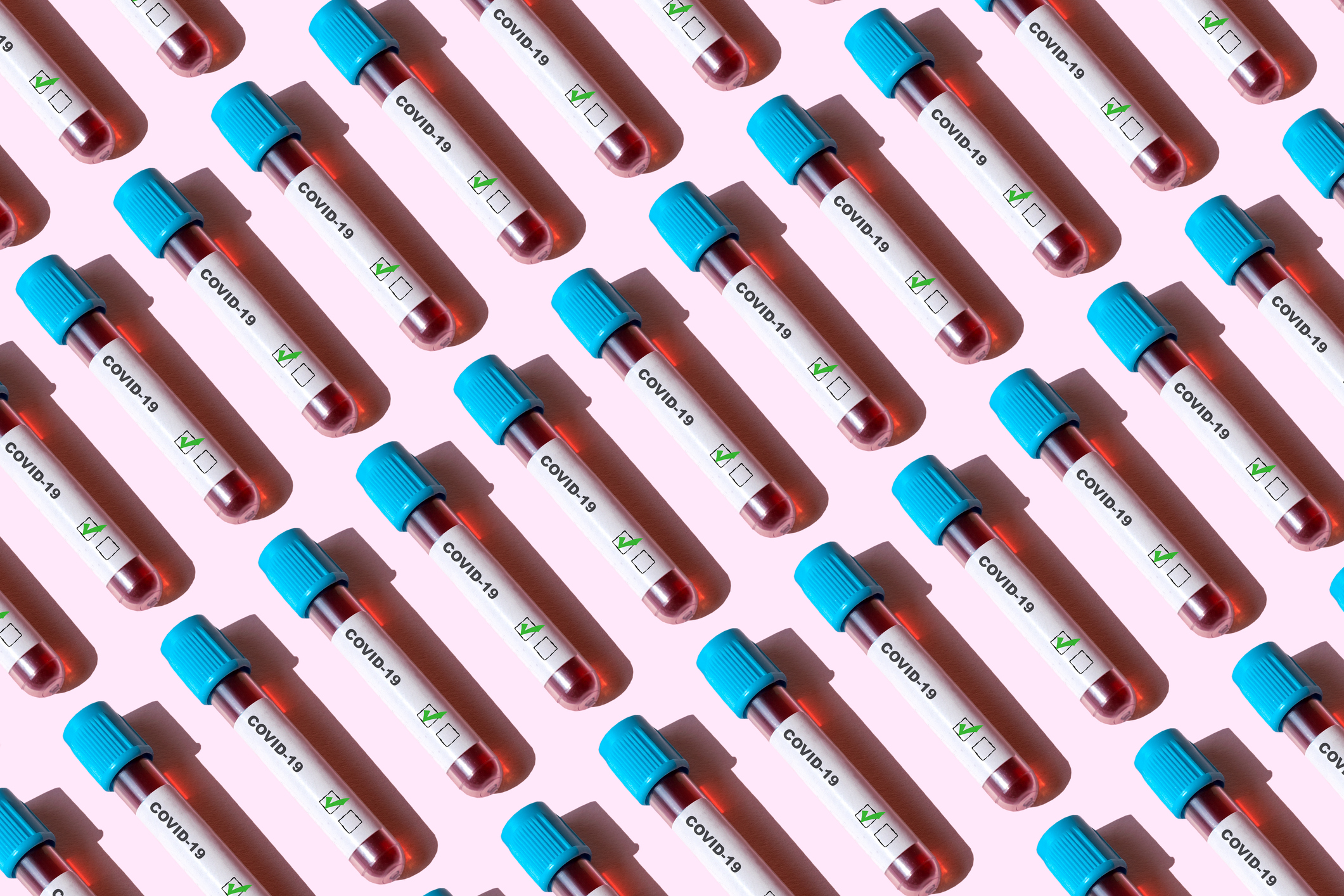 43,000 PCR tests across the UK have shown false negatives
43,000 PCR tests across the UK have shown false negativesTest and trace has been suspended, as a result
By Ally Head
-
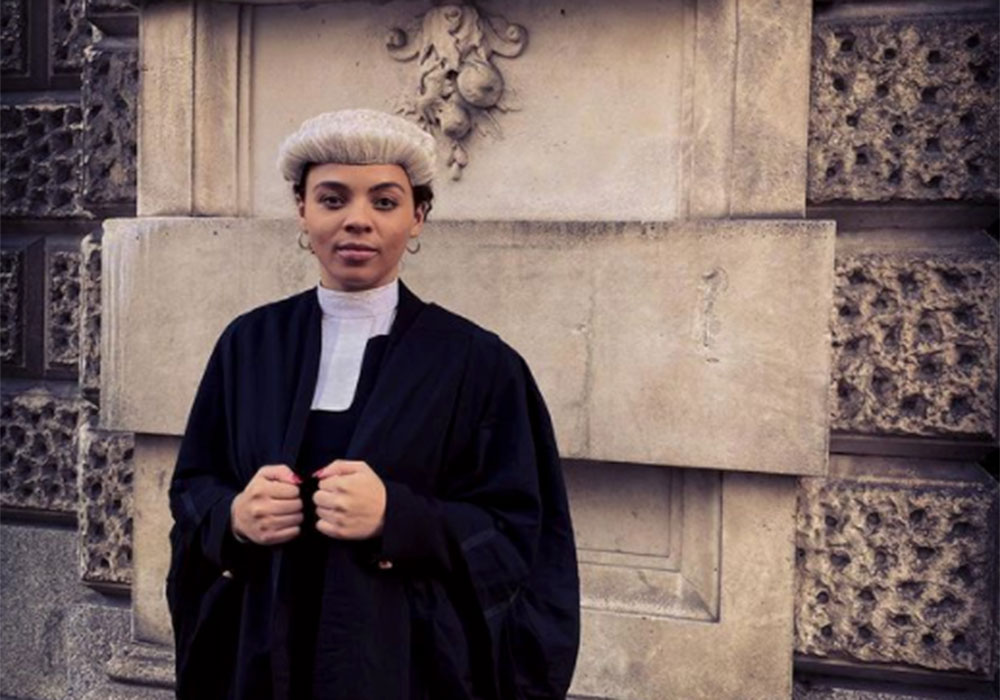 "I'm a Black barrister working in a broken justice system"
"I'm a Black barrister working in a broken justice system"Alexandra Wilson is a 26-year-old barrister speaking out about sexism, racism and class inequality at the very heart of the legal system. She shares her disturbing experiences, and why activism will make a difference.
By Alexandra Wilson